Closing my tabs (Aug 22, 2025)
Best AI for R, the weight of a cell, R+MCP, AI is a mass delusion event, AI hiring freezes, Quarto+Positron, biology moonshots, Julia for R users, AI hallucination, nf-core advisories...
Happy Friday, friends. This is my regular attempt to close out my browser tabs I’ve accumulated over the past week with blog posts, podcasts, papers, etc. in data science, genomics, public health, programming, scicomm, and other miscellany. Enjoy!
A new study in the European Heart Journal on Accelerated vascular ageing after COVID-19 infection, and Eric Topol’s coverage on Ground Truths, COVID and our arteries.
R Weekly week 34: Positron, Shiny, more.
Posit blog on which AI model writes the best R code (spoiler: GPT-5).
Niko McCarty on Asimov Press: The Weight of a Cell. A single yeast cell weighs about one million times less than a grain of sand. But how do we know this?
For Your Syllabus: Statistical Power, by Carlisle Rainey. Readings on power analysis, MDEs, sample size planning, and research design diagnostics: Five papers you can assign when teaching about statistical power: power analysis, minimum detectable effects, sample size planning, and design diagnosis.
R and the Model Context Protocol, by Simon Couch. The newly released mcptools package makes coding assistants better at writing R code and applications built with ellmer more powerful.
AI Is a Mass-Delusion Event, by Charlie Warzel. Three years in, one of AI’s enduring impacts is to make people feel like they’re losing it.
Nature: Beyond AlphaFold: how AI is decoding the grammar of the genome. Scientists are seeking to decipher the role of non-coding DNA in the human genome, helped by a suite of artificial-intelligence tools.
Former CDC Director William Foege: How public health can fight back in a time of dangerous nonsense.
Tutorial: Getting started with Quarto in Positron.
Some free grant proposal ideas here. Seven Moonshots for the Century of Biology, by Alexander Titus. (1) Defining the Fundamental Paradigms of Life, (2) Unlocking the Genotype-to-Phenotype Relationship, (3) Making Biology Predictably Engineerable, (4) Scaling Biotechnology with Design-for-Manufacturing, (5) Designing Adaptive Biological Infrastructure for an Uncertain World, (6) Aligning Bioeconomy Incentives with Human and Planetary Health, (7) Embedding Ethics, Security, and Narrative in Biological Futures.
Nicola Rennie: Introduction to Julia for R users: this post provides an overview of what Julia is and why you might want to use it, introduces some data processing Julia packages, and shows how you can incorporate Julia into existing R workflows. The example in the image below is Julia code, believe it or not.
Creating messy datasets for teaching purposes with the truffle R package. Data can be made dirty in several different ways to create common data processing challenges, such as poorly named columns that disagree with R, duplicate rows, missingness with irregular codings, mixed date formats, untidy demographics data with misspellings and erroneous entries, number columns with comma separators and units, impossible values beyond the scale range, header rows that disrupt reading data into R, and untidy columns that contain more than one variable.
New paper: Scientists no Longer Find Twitter Professionally Useful, and have Switched to Bluesky. (Shameless plug: see previous post, Bluesky for Science.)
Adam Kucharski: Small hallucinations, big problems: Why a 1% hallucination risk is terrible if you’re using LLMs to look for unusual events.
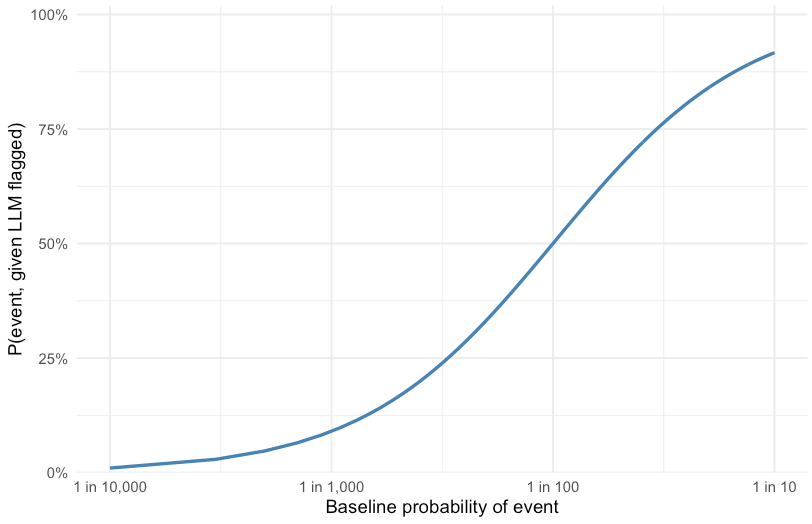
Ashley Vance’s interview with Bryan Johnson. If you haven’t watched Don’t Die on Netflix you should. It’s… interesting… to say the least.
Worried by a "reading crisis", Denmark's government will eliminate its sales tax on books, looking to get more citizens buying them.
What counts as plagiarism? AI-generated papers pose new risks, and researchers argue over whether ‘novel’ AI-generated works use others’ ideas without credit.
The mall 0.2.0 update for R and Python introduces support for external LLM providers like OpenAI and Gemini. This version also features parallel processing for R users, the ability to run NLP on string vectors in Python, and a brand new cheatsheet.
Tip of the spear bursting the bubble? Last week you could sign on for $100M, this week there’s an AI hiring freeze at Meta.
The nf-core community introduced nf-core advisories — a structured, long-lived notice about significant technical issues in nf-core. Advisories help users avoid or resolve known problems by providing clear, searchable, and actionable information.

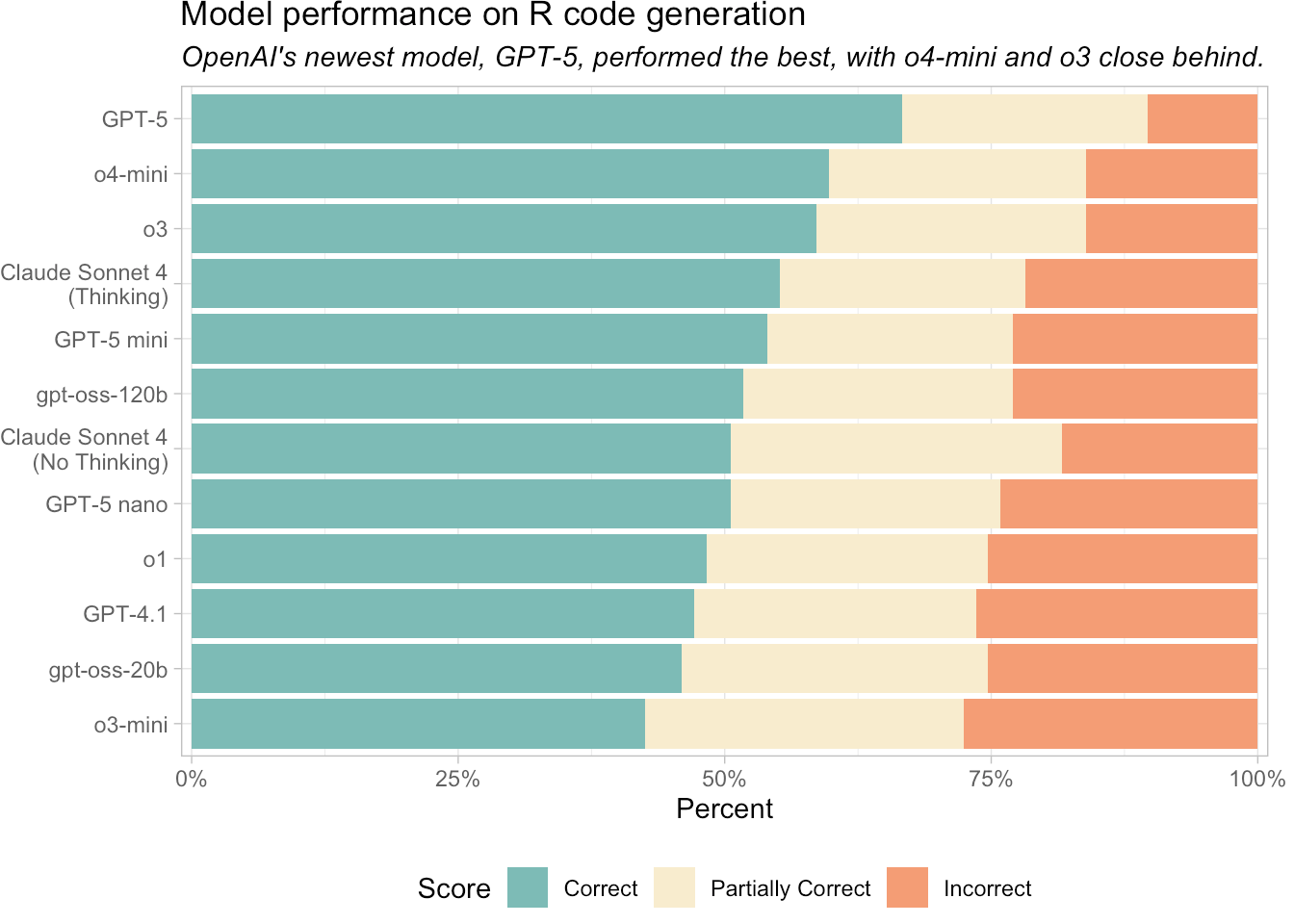
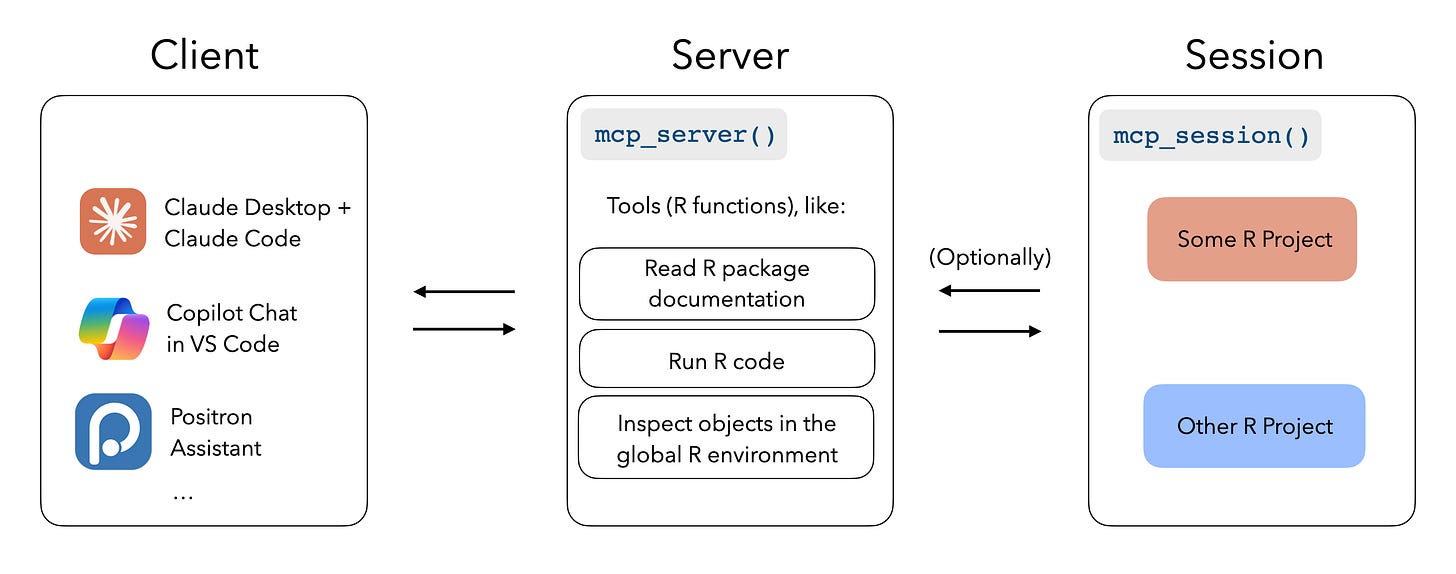
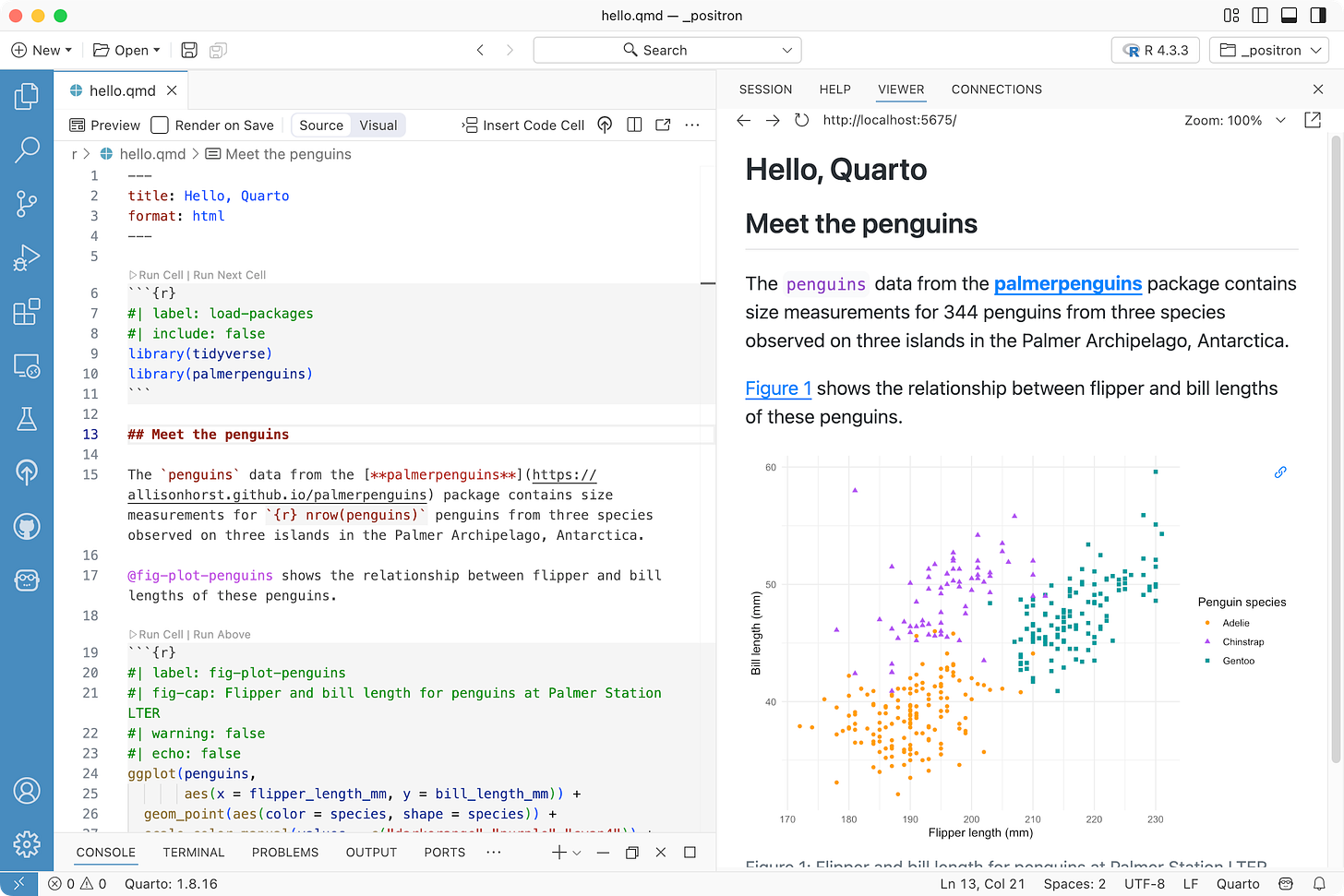
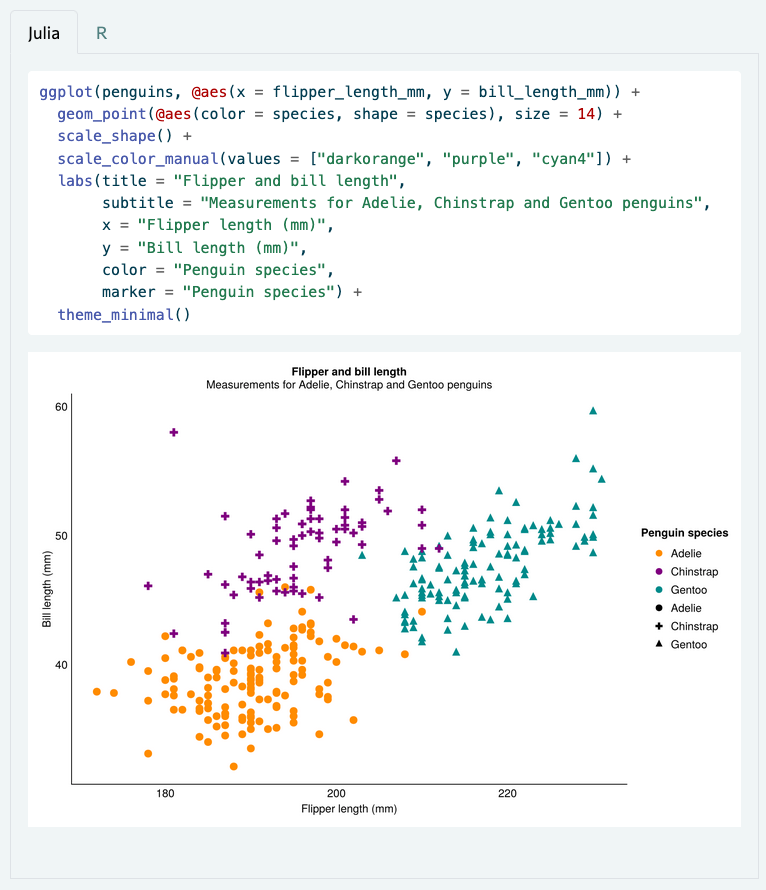
After reading this post, i’m curious - which channels and subscriptions do you monitor for new developments in coding tools and science?
Also, you must read so much more than you post, how do you prioritize?